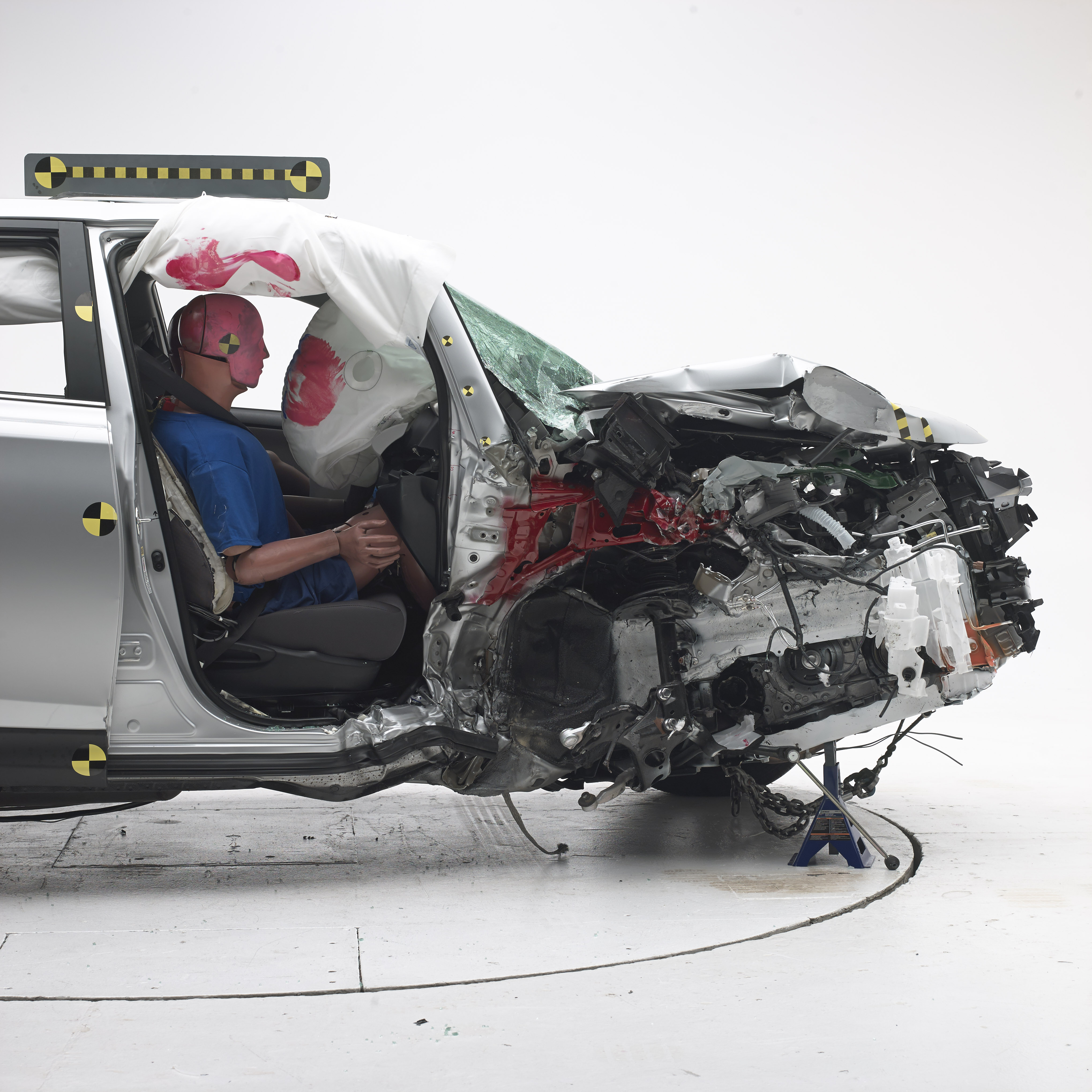One of the nation's most closely watched auto safety ratings could soon get even tougher.
![636022838180290238-iihs.jpg [image : 86290456]](http://www.gannett-cdn.com/media/2016/06/23/USATODAY/USATODAY/636022838180290238-iihs.jpg)
The Insurance Institute for Highway Safety, which conducts rigorous car tests and issues ratings that automakers take seriously, is considering adding yet another front crash test. And early indications are that a lot of current car models will flunk.
The issue involves a test that has bedeviled automakers since it was instituted in 2012 -- what IIHS calls the "small overlap" crash. Cars are run into a barrier at 40 miles per hour with all of the impact coming on the driver's side instead of striking it dead on. The basic idea is that many accidents involve hitting a tree or a pole -- not just running straight into a wall or head-on into another car.
After many initially fell short, automakers are getting "good" ratings on the test in large numbers.
But the IIHS decided to see what happened if it performed the same test on the front passenger's side of the car. Out of seven SUVs with good ratings on the test, only one passed when it came to the crash on the right side -- the 2016 Hyundai Tucson. The rest were rated poor or acceptable.
IIHS says the issue is important because front passengers are vulnerable in traffic accidents. It says about 1,600 right-front passengers died in 2014 front crashes alone.
"It's not surprising that automakers would focus their initial effort to improve small overlap protection on the side of the vehicle that we conduct tests on," said David Zuby, IIHS' executive vice president and chief research officer.
The results didn't differ much between cars that appeared to have the same construction on both sides when bumpers and covers were pulled off, when compared with those that didn't.
The worst-performing vehicle was the 2015 Toyota RAV4. It had 13 more inches of intrusion on the passenger's side than on the driver's side, IIHS says. Plus, a door opened -- which could lead to risk of passenger ejection.
"Some vehicle structures look the same on both sides, but they don't perform the same," says Becky Mueller, an IIHS senior research engineer.


